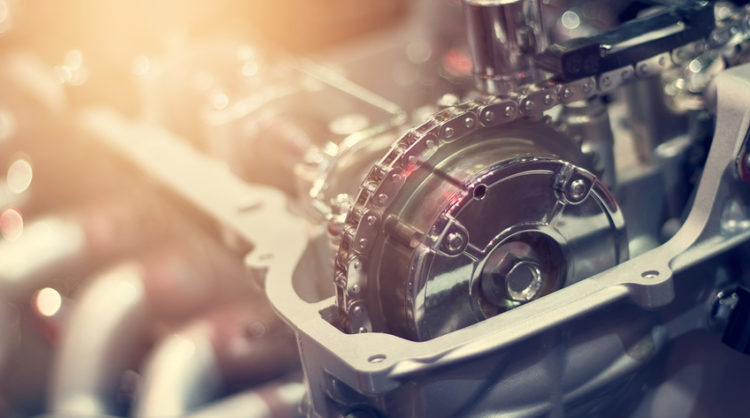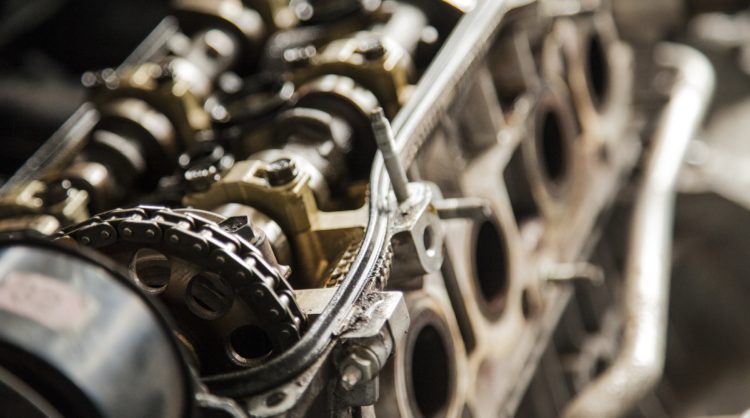5 Tips for Buying Used Japanese Car Engines

It is no secret that Japan produces some of the world’s best cars. Every year, that nation manufactured about 7.83 million passenger vehicles. Toyota made it to the top of the list of the most valuable car companies in 2016. At the time, the car brand was valued at a little under $30 billion. If you like to work on cars and/or rebuild them and you have a Japanese car, you may in the market for used Japanese engines. Here are some tips for getting the best one for your needs:
- Decide if you will buy from a private seller or a certified engine supplier. While it is more convenient to buy from someone on eBay or Craigslist, you can get more peace of mind when you go with a professional company that sells certified used Japanese engines and transmissions. When you go with a used engine from a certified supplier, you know it is in good shape. That may or may not be the case with an engine from an individual. In addition, you can get a good warranty when you buy from a dealer rather than directly from the owner.
- Go for complete used engine packages rather than a disassembled one. It can be tempting to look at disassembled used Japanese engines but you should resist doing this. When you get the whole package, you should get complete sensors, an uncut engine harness, a fuel rail, charge pipes intact if turbocharged, and injectors. Before you pay for your used engine, take some time to look at the alternator, steering pump, AC compressor, and starter. You should replace any parts with rubber. They may have degraded more than you can tell and no one likes dealing with a cracked hose. If your plan is to buy a turbo engine, you will have to add other parts to your checklist. You also need to look at the manifold absolute pressure (MAP) and mass air flow (MAF) sensors, for instance.
- Take a look at the oil. Having the right kind of oil is essential to the health of any car engine. It is also possible to learn a lot about its current health status. All oil breaks down and degrades over time. Problems that accompany a loss of viscosity of the oil can include degradation of the pistons and camshaft, and unnecessary wear and tear on the bearings.
- Look under the oil cap. If you see a lot of black carbon there, the engine has not been maintained properly. If you find a substance that is creamy or white, you should not buy the engine.
- Look at the quality of the oil. Take a dipstick and check the amount of oil. If you find it has a muddy/slushy consistently, the oil was not changed often enough and this is not an engine you want to buy. There are three colors people often see in their engine oil:
- Mocha/white: There may be a blown head gasket that has leaked some coolant into the cylinders enough to change the color of the oil.
- Brown: The oil is just about due to be changed.
- Black: It is past due for a change.
- Test the spark plugs. Just as you can learn a lot about how healthy used Japanese engines are from the oil, you can get great information from the spark plugs. You have to know how to read the spark plug. If you find oil or water on the tips, there might be an issue with the piston rings. You can tell a lot from the color of the tips:
- Brown or blue: The engine is in great shape.
- Black or ashy: The air/fuel ratios are too rich.
- White or light tan: The air/fuel ratio is not rich enough.
- Look over the engine. You should avoid buying a used engine that has signs of damage. Open the throttle body and look for any kind of buildup. Make a note of how clean the engine is. Look at the back of the engine to see if there are any leaks.
The Japanese make very high quality engines. They are incredibly durable so buying a used Japanese engine is not nearly as risky as getting other kinds of car engines.
Related posts

Common Mistakes Drivers Make When Buying A New Engine
Your car’s engine is one of the most important parts of your vehicle. Unfortunately, many drivers have common misconceptions about what to look for in a new or used engine. This often leads to mistakes that can be costly later on. But how can you be sure you’re not making a mistake when you’re investing […]

Top 3 Ranked Japanese Engines
In 2016, the top three goods that were imported were: vehicles, machinery, electrical machinery. The reasons why America bought $50 billion worth of automobiles from Japan in 2016 is because of the vehicles’ reliability and high-quality engines. If you are looking to buy the best Japanese engines, low mileage Japanese engines, used Japanese transmissions, or […]

Advances in Engine Technology
Cars aren’t going anywhere in the foreseeable future. Toyota alone is estimated to produce over 11 million cars in 2023. Having a high quality engine is one of the most important parts to overall car health and performance. Whether you are looking for a used Japanese engine, or new imported engines from Japan, it is […]